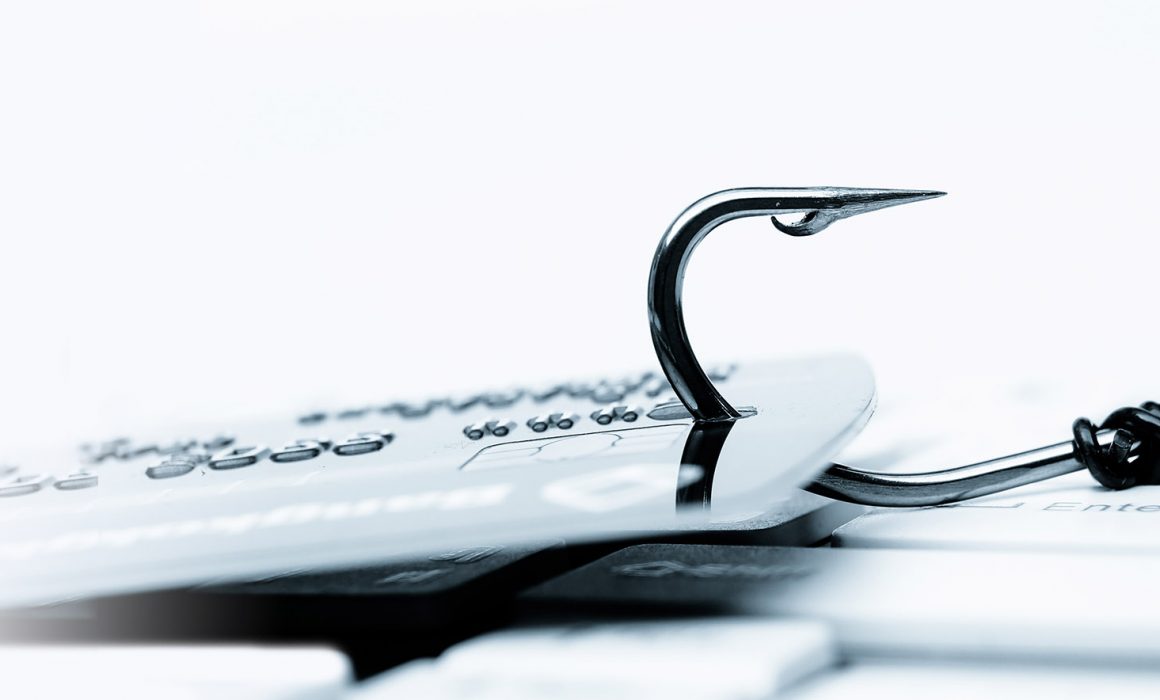Should You Get a Credit Card?
‘Credit card’. Do those two words cause immediate anxiety, or do you see it as a positive financial tool that you can use to your advantage? There are different schools of thought when it comes to credit and like anything in life, having a credit card has its pros and cons. In this article, we’ll look at some of the advantages and disadvantages of using a credit card.
Pro: They can increase your credit score
The ability to have a credit card can be seen as a type of financial rite of passage; another tangible milestone that can open up doors on your journey to be a fully-fledged adult. You’ve probably heard your friends tell you that ‘A credit card strengthens your credit score, so you must get one!’ Counter with the question, ‘Okay, thanks, but what does that mean?’ If you see a blank stare on his/her face, it’s best to ask an expert.
According to Transunion, “Your credit score is designed to show you, by way of a number, the strengths and weaknesses of the information in your credit report. It shows you how your credit standing compares with other consumers. It is calculated using a formula that evaluates how well or badly you pay your bills, how much debt you carry and how all that stacks up against other borrowers. In effect, it tells you in a single number what your credit report says about your management of existing credit.”
A TransUnion Consumer Credit Score ranges from 0 to 999 or from poor to excellent. The following score bands are defined below:
- Excellent: 767 – 999
- Good: 681 – 766
- Favourable: 614 – 680
- Average: 583 – 613
- Below average: 527 – 582
- Unfavourable: 487 – 526
- Poor: 0 – 486
*The above information was correct at the time of the writing of this article.
In a nutshell, this means that if you want to apply for a credit facility such as a home loan or vehicle finance, your credit score will influence whether the financial institutions will grant you the funding. A low or unfavourable credit score signals to the banks that you may be a credit risk and, therefore, it’s unlikely your application will be approved. An independent financial adviser can explain the ins and outs of your credit score.
Con: Credit cards can have a high cost of borrowing
Credit cards can have an interest percentage as high as 30%. Every time that you make a purchase using your credit card, interest will be charged on the purchase; however, it’s not that simple. The interest is compounded which means interest calculated on the initial balance as well as the accumulated interest from previous periods. Basically, if you don’t pay, at least, the minimum amount due, but preferably more, every month, additional finance charges can quickly grow your existing debt.
Pro: Credit cards are safer than cash
Many people, even those who have the cash to cover the purchase, choose to use credit cards because they have extra security measures in place.
- If you lose your card, you can cancel/block it immediately by simply phoning the bank. Most reputable banks offer this functionality on their mobile apps as well.
- Banks have a fraud department that monitors suspicious activity and will inform you if something seems inconsistent with your typical spending patterns.
- Credit cards have ‘chip and PIN’ security; at the point of sale, you will be asked to enter your unique PIN to approve the transaction. Remember to never share your PIN number with anybody.
- For online purchases, the bank will send you a unique One-Time Password (OTP) which is a number that must be entered and submitted before the transaction can be completed.
Con: You can easily fall into a black hole of debt
There is no doubt that credit cards can help you finance large purchases and allow you to pay off over time. However, the ability to access credit should be seen as a privilege and not be used irresponsibly. If you aren’t careful, you’ll find yourself spiralling into massive debt that you can’t afford to pay back; this will cause your credit score to decrease and significantly impact your financial wellbeing.
Pro: Rewards points
The majority of credit card companies offer numerous rewards to customers for using their credit cards. The benefits are specific to the banks, e.g. First National Bank (FNB) and Standard Bank offer eBucks and UCount Rewards respectively. They are a points accumulation loyalty programme; points can be converted into the cash equivalent and used to make purchases. If you use your credit card for daily expenses, these points can add up quite quickly. The benefits you can amass can more than offset the cost of annual fees paid to keep the card active.
Con: Applying for too many credit cards can damage your credit score
Numerous factors can impact your credit score. These include but are not limited to
- Payment history
- The current amount owed
- Length of history
- New credit
- Types of credit used
Every time that you apply for a new credit card, lenders can check your credit report to determine whether you’re a high credit risk or not. Should you have several credit applications, lenders will become skeptical of your ability to make regular payments and will likely reject your application.
The bottom line is that yes, most people will need to have a credit facility available to them at some point in their lives to achieve their financial goals. Make sure to consider all the advantages and disadvantages before you make that next purchase using your credit card.



